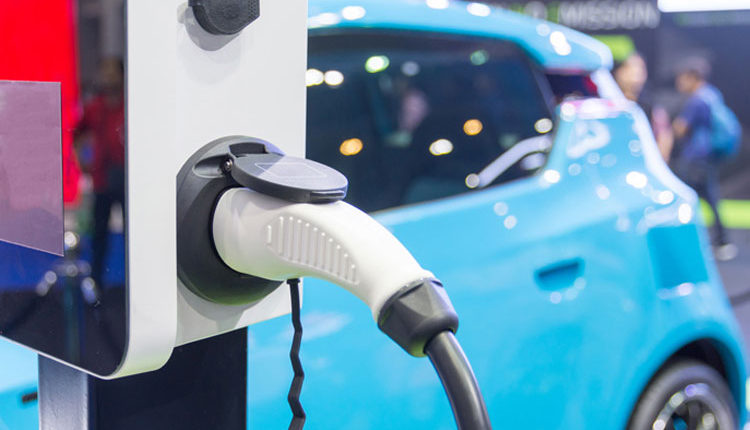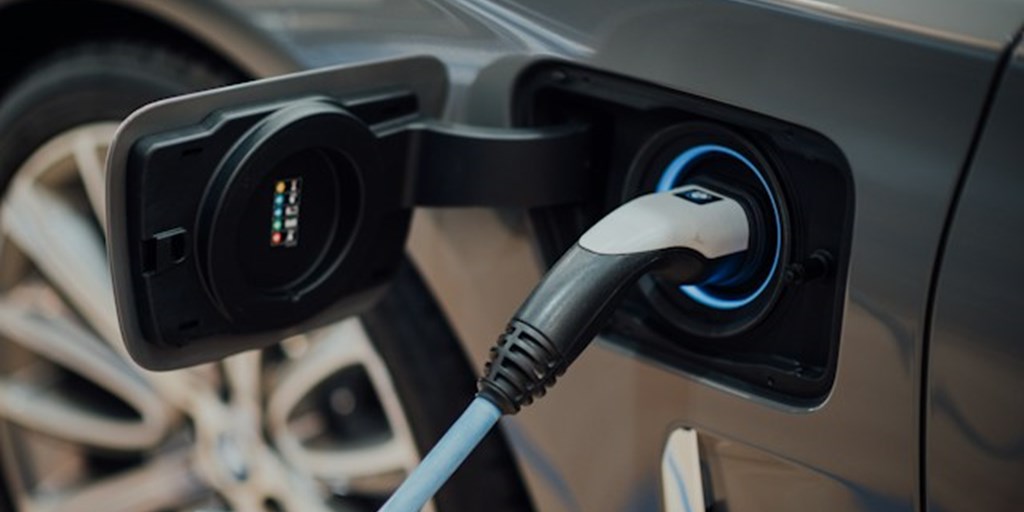Key Innovations in the EV Sector You’ll Find in Today’s Buy EV Charging news
Key Innovations in the EV Sector You’ll Find in Today’s Buy EV Charging news
Blog Article
New Developments in EV Charging: Exactly How the Industry Is EVolving to Satisfy Demand
As the electric car (EV) market proceeds to expand, the charging facilities is undergoing considerable transformations to address the rising need. Key advancements in ultra-fast billing technologies, coupled with wise grid combination, are improving the landscape. Developments in battery modern technology pledge improved performance and sustainability. However, the quest of worldwide billing requirements continues to be a critical variable in making it possible for smooth customer experiences and widespread adoption. The ramifications of these innovations increase vital concerns about the future of EV billing and its function in the broader energy community.
Growth of Billing Framework
The rapid development of electrical lorry (EV) charging infrastructure is an important element in helping with the extensive fostering of electrical flexibility. As governments, personal companies, and consumers significantly recognize the importance of lowering carbon exhausts, investments in charging networks have actually risen. This facilities development is important to reduce array anxiety, making sure that EV individuals have convenient accessibility to charging terminals.
Substantial developments in billing terminal modern technology and release strategies have actually arised. Urban areas are seeing a spreading of public billing stations, while country areas are progressively being incorporated into the billing network. Partnerships in between automobile manufacturers and charging carriers are becoming a lot more typical, promoting the establishment of thorough networks that boost customer experience and availability.
Additionally, the integration of renewable resource resources into charging terminals is gaining energy, advertising sustainability in the EV ecological community. This shift not only sustains ecological objectives but also aligns with the increasing demand for eco-friendly power options amongst customers.
Ultra-Fast Charging Technologies
Ultra-fast charging technologies represent a significant leap forward in the EV charging landscape, allowing electrical cars to charge in a fraction of the moment contrasted to traditional charging approaches. These developments normally provide power levels exceeding 150 kW, with some systems getting to up to 350 kW or more, substantially minimizing billing times to just 15-30 minutes for a significant charge.
Secret enabling modern technologies include developments in battery chemistry, power electronics, and thermal administration systems. As an example, high-capacity batteries with enhanced thermal stability permit faster charging without overheating. Additionally, developments in charging infrastructure, such as liquid-cooled cable televisions and modular charging stations, promote reliable power transfer, boosting the general customer experience
Significant automotive producers and modern technology companies are proactively buying ultra-fast billing networks, recognizing the essential function they play in getting rid of array anxiety and accelerating the adoption of electrical automobiles. As these modern technologies end up being extra extensively available, the EV market is expected to witness considerable development, making electrical movement a more eye-catching alternative for consumers. In general, ultra-fast billing technologies are pivotal in forming the future of lasting transportation, paving the means for a much more reliable and considerable billing environment.
Smart Grid Combination

Through need action strategies, smart grid systems can change charging schedules based upon grid conditions and electrical power rates. For example, throughout periods of high demand, charging can be postponed to off-peak hours, causing reduced expenses for consumers and lowered stress on the grid. Furthermore, vehicle-to-grid (V2G) innovations allow EVs to release energy back right into the grid, offering ancillary solutions and enhancing grid security.
Combination with renewable resource resources further increases the sustainability of EV billing. By lining up billing activities with periods of high solar or wind generation, clever grids advertise a greener charging infrastructure. Inevitably, smart grid assimilation not just sustains the growing need for EVs but likewise contributes to a more resilient and sustainable energy future, positioning the market for lasting success.
Battery Innovations
Among the rapid development of electrical automobiles (EVs), battery advancements stand at the leading edge, driving developments in sustainability, efficiency, and efficiency. As the need for EVs surges, scientists and suppliers are concentrating on improving battery modern technologies to address challenges such as range anxiousness and charging times.
Lithium-ion batteries stay the most extensively utilized technology, yet brand-new materials and chemistries are arising to enhance power density and longevity. Solid-state batteries, as an example, assure higher energy storage capability and boosted safety and security by replacing liquid electrolytes with solid ones. This shift could considerably lower the threat of fire and increase the life expectancy of batteries.
Furthermore, advancements in battery reusing procedures are important for sustainability. Business are developing techniques to recoup important products like lithium, cobalt, and nickel from used batteries, promoting a round economic climate and reducing ecological effect.

Global Billing Criteria

Efforts are underway to develop international billing requirements that web promote compatibility amongst different EV designs and billing stations. Organizations such as the International Electrotechnical Commission (IEC) and the Society of Automotive Engineers (SAE) are functioning collaboratively with automobile suppliers and power suppliers to develop detailed guidelines. EV Charging news. These standards goal to enhance the billing procedure, decrease the demand for numerous adapters, and enhance individual experience
Additionally, standardization can substantially strengthen the growth of the billing network, as it encourages financial investment by making framework advancement much more effective and foreseeable. As the EV market develops, a unified approach to billing criteria will certainly be vital for making sure that consumers can charge their vehicles conveniently and reliably, consequently supporting the wider change to lasting transportation.
Final Thought
The electrical vehicle charging industry is undertaking considerable improvement to resolve the surging demand for lasting transport. Developments in charging framework, ultra-fast technologies, smart grid combination, and innovative battery solutions are crucial in boosting user experience and operational effectiveness.
Urban locations are seeing a spreading of public billing stations, while rural regions are gradually being integrated into the billing network. Furthermore, advancements in billing framework, such as liquid-cooled cable televisions and modular charging terminals, facilitate effective power transfer, boosting the total user experience.
In general, ultra-fast charging technologies are essential in forming the future of sustainable transportation, leading the means for a much more substantial and effective billing environment. - EV Charging news
By lining up charging activities with periods of high solar or wind go to website generation, clever grids advertise a greener charging facilities.Efforts are underway to develop global charging criteria that assist in compatibility among different EV versions and billing stations.
Report this page